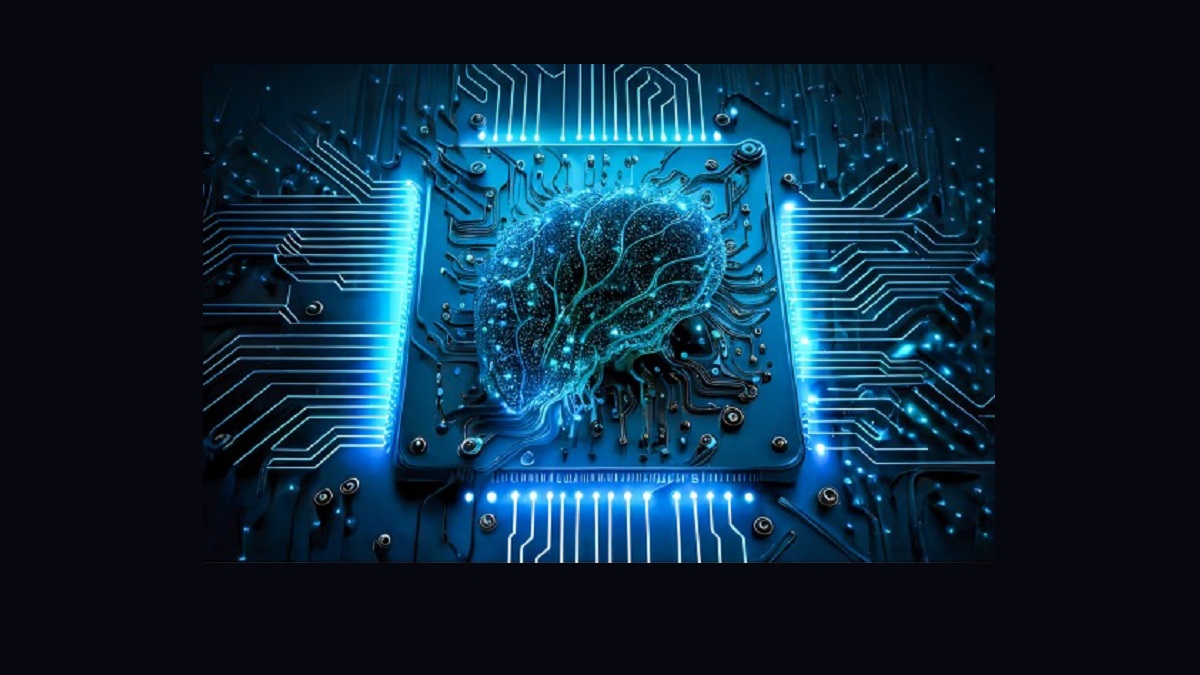A research project exploring the integration of human brain cells with artificial intelligence has been awarded a grant of $600,000 from the defence sector and the Office of National Intelligence (ONI). Led by Monash University and Cortical Labs, the research team is known for developing DishBrain, brain cells that can play Pong.
Associate prof Adeel Razi, from the university’s Turner Institute for Brain and Mental Health says the team’s effort, “Merges the fields of artificial intelligence and synthetic biology to create programmable biological computing platforms.”
Hundreds of thousands of live, lab-grown brain cells are trained to perform various tasks like playing Pong. A multi-electrode array provides the cells with feedback based on their electrical activity, helping them understand when the paddle hits the ball.
The professor says that the team secured the ONI and Department of Defence National Security Science and Technology Centre grant due to the necessity for a novel form of machine intelligence capable of continuous learning throughout its existence.
Enhancing machine learning
Razi stated that such intelligence would enhance machine learning for various technologies, including self-driving cars, autonomous drones and delivery robots.
He added that, “This new technology capability in the future may eventually surpass the performance of existing, purely silicon-based hardware. The outcomes of such research would have significant implications across multiple fields such as – but not limited to – planning, robotics, advanced automation, brain-machine interfaces and drug discovery, giving Australia a significant strategic advantage.
“We will be using this [national intelligence and security discovery research] grant to develop better AI machines that replicate the learning capacity of these biological neural networks. This will help us scale up the hardware and methods capacity to the point where they become a viable replacement for in-silico computing.”
The news comes as AI leaders call on the government to recognise, “The potential for catastrophic or existential risks from AI”.
Isa Muhammad is a writer and video game journalist covering many aspects of entertainment media including the film industry. He's steadily writing his way to the sharp end of journalism and enjoys staying informed. If he's not reading, playing video games or catching up on his favourite TV series, then he's probably writing about them.






































